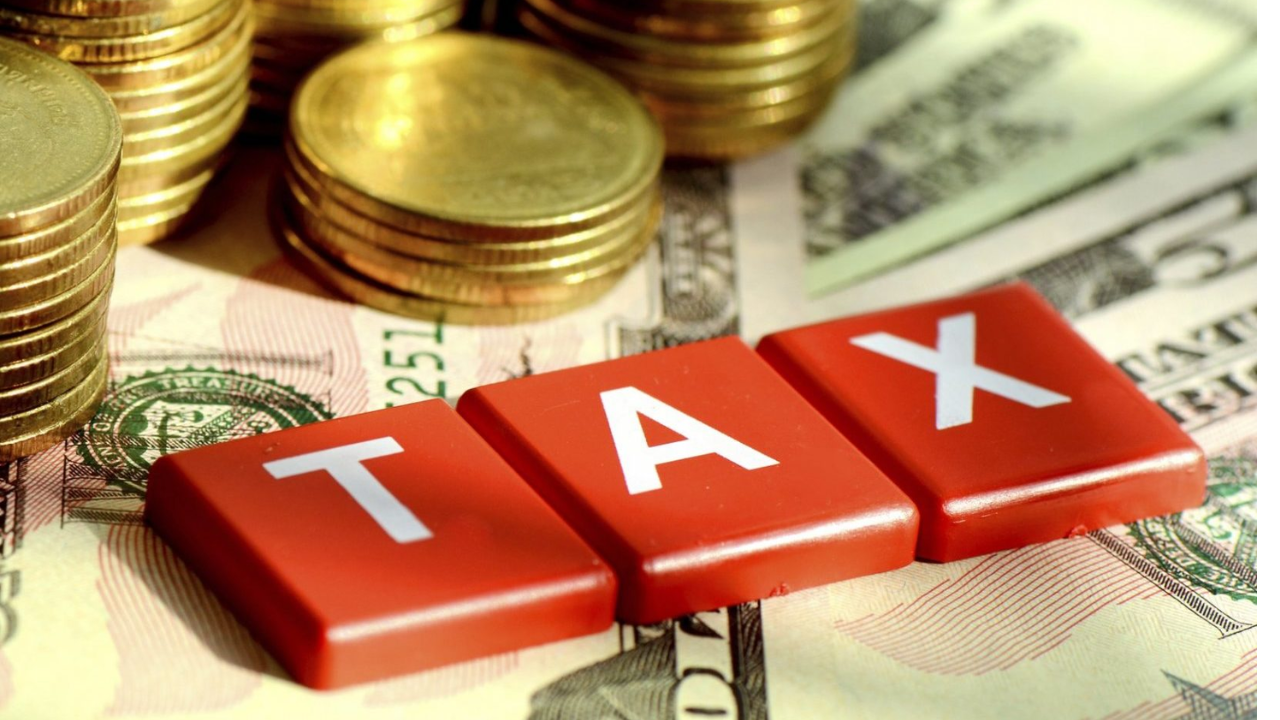President Bola Tinubu says his administration’s tax reform agenda is yielding results, with Nigeria’s tax-to-gross domestic product (GDP) ratio rising from 10 percent to over 13.5 percent by the end of 2024.
Tinubu spoke on Thursday in commemoration of the second anniversary of his administration.
Describing the increase as “a remarkable leap in just one year”, the president said the improvement was driven by deliberate reforms in tax policy and administration.
“By the end of 2024, our tax-to-GDP ratio rose from 10% to over 13.5%, a remarkable leap in just one year,” Tinubu said.
Advertisement
“This was not by accident. It results from deliberate improvement in our tax administration and policies designed to make our tax system fairer, more efficient, and more growth-oriented.
“We are eliminating the burden of multiple taxation, making it easier for small businesses to grow and join the formal economy.
“The tax reforms will protect low-income households and support workers by expanding their disposable income.”
Advertisement
The president said essential goods and services — including food, education, and healthcare — will now attract zero percent value-added tax (VAT), while rent, public transportation, and renewable energy will be fully exempted to reduce household costs.
Tinubu said the government has also ended “wasteful and opaque tax waivers” and introduced targeted incentives to support high-impact sectors like manufacturing, technology, and agriculture.
“These reforms are not just about revenue but about stimulating inclusive economic growth,” he added.
Tinubu said a more supportive tax reform is being developed for digital jobs and remote work to empower young people.
Advertisement
He said through export incentives, Nigerian businesses will be able to compete globally.
Tinubu also highlighted the national single window project, which he believes would streamline international trade, reduce delays, and boost Nigeria’s global competitiveness.
“To promote fairness and accountability, we are establishing a tax ombudsman, an independent institution that will protect vulnerable taxpayers and ensure the system works for everyone, especially small businesses,” the president said.
“Most importantly, we are laying the foundation for a more sustainable future by introducing a new national fiscal policy.
Advertisement
“This strategic framework will guide our approach to fair taxation, responsible borrowing, and disciplined spending.”
He said the reforms are designed to reduce the cost of living, promote economic justice, and build a business-friendly economy that attracts investment and supports every Nigerian.
Advertisement












